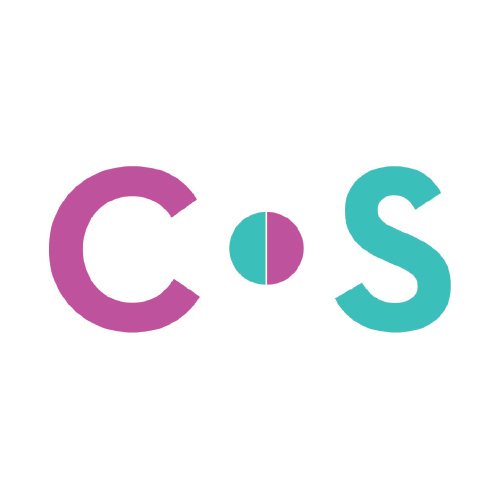What Is Cerebral Palsy & How Can a Support Worker from Careseekers Provide Assistance?
Cerebral palsy (CP) is a physical disability that affects movement and posture.
Understanding Cerebral Palsy
Cerebral palsy is an umbrella term that refers to a group of lifelong movement and posture disorders that result from damage to or abnormalities in the developing brain. This damage can occur during pregnancy, childbirth, or early childhood, and its effects can vary widely from person to person.
Some common symptoms and challenges associated with cerebral palsy include:
Motor Skill Impairments: Individuals living with cerebral palsy may have difficulty controlling their muscles, leading to challenges with movement, coordination and balance.
Speech and Communication Difficulties: Some people living with cerebral palsy may experience speech and language issues, which can make communication challenging.
Muscle Stiffness: Many individuals living with cerebral palsy have muscles that are overly stiff, which can affect their ability to move freely.
Chronic Pain: Pain and discomfort are not uncommon among individuals living with cerebral palsy due to muscle tightness and other factors including contractures, abnormal postures, dystonia, skin breakdown, hip subluxation, gastro-oesophageal reflux and scoliosis. This pain can affect a person’s behaviour, their ability to do things for themselves, to sleep and their social relationships.
Eating and Drinking: Cerebral palsy can affect the muscles responsible for opening and closing the mouth, as well as those involved in moving the lips and tongue. For some individuals, these muscle impairments can result in difficulties with chewing and swallowing food and drink, a condition known as dysphagia. Due to the impact of cerbral palsy on fine motor skills, many individuals find it challenging to use cutlery, grasp a cup, or independently transfer food from a plate to their mouth using their hands.
How A Worker From Careseekers Can Provide Support To Someone Living With Cerebral Palsy
Cooking and Meal Preparation: Careseekers support workers can provide assistance with cooking and meal preparation, ensuring that individuals with CP have access to nutritious and enjoyable meals.
Domestic Assistance: Workers can assist with domestic tasks, such as cleaning and household chores, to maintain a comfortable and organised living environment.
Getting Out and About: Support workers can help with getting out and about, participation in social activities, attending appointments, and engaging in the community, fostering an active and fulfilling life.
Social Support and Companionship: Beyond physical assistance, support workers from Careseekers can provide social support and companionship.
Personal Care: Careseekers support workers can assist with personal care needs, including bathing, grooming, dressing, and toileting.
Morning and Evening Routines: Workers can provide help with morning and evening routines.
To find disability support services, please visit www.careseekers.com.au/services/disability-support-workers
To find aged care services, please visit www.careseekers.com.au/services/aged-care-workers
To become a care or support worker, please visit www.careseekers.com.au/carer
To make a referral, please visit https://www.careseekers.com.au/referrals
